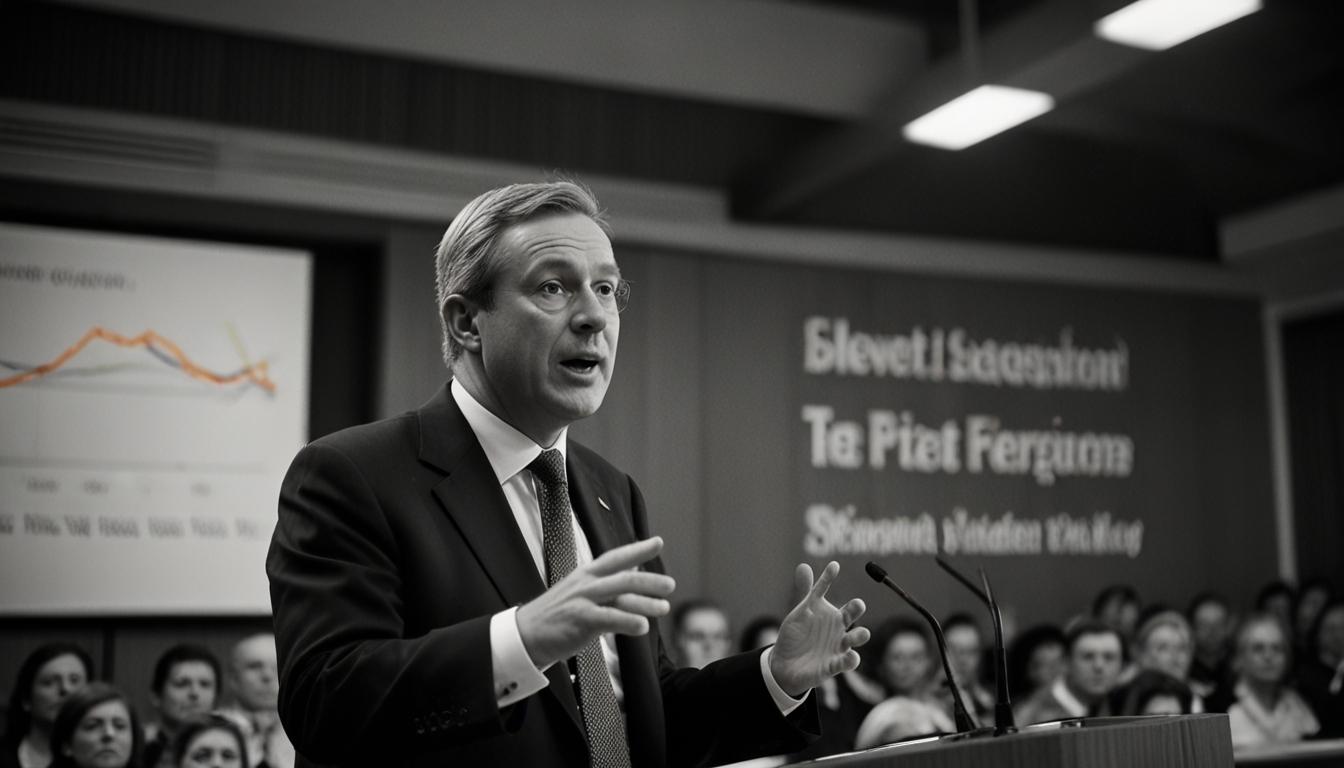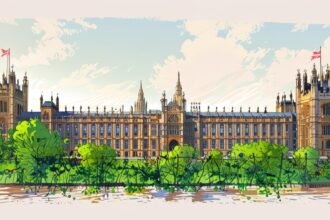The debate over Brexit’s impact and economic strategies intensifies as UK Business and Trade Secretary Kemi Badenoch touts post-Brexit success while Shadow Chancellor Rachel Reeves promotes Labour’s green investment plans.
In a recent debate over Brexit’s impact, UK Business and Trade Secretary Kemi Badenoch argued strongly in favor of the benefits seen since the country left the European Union. Badenoch cited a £2 billion investment by Nissan in its Sunderland plant and over £23 billion in private and public investments in the automotive sector as key examples of post-Brexit economic success. She also highlighted the UK’s growth in GDP and exports, along with new trade agreements with 73 countries, including the Comprehensive and Progressive Agreement for Trans-Pacific Partnership (CPTPP).
In contrast, Shadow Chancellor Rachel Reeves, during a campaign visit to Scotland, promoted Labour’s green investment plans, forecasting significant economic benefits such as lower bills and 53,000 new jobs. Joined by Scottish Labour leader Anas Sarwar, Reeves announced Labour’s £6.6 billion UK-wide investment in clean energy and the creation of a publicly owned GB Energy company in Scotland, projected to generate 69,000 green jobs.
These perspectives reflect the ongoing political debate as the UK approaches its next general elections, with both sides presenting differing visions for the country’s economic future.













